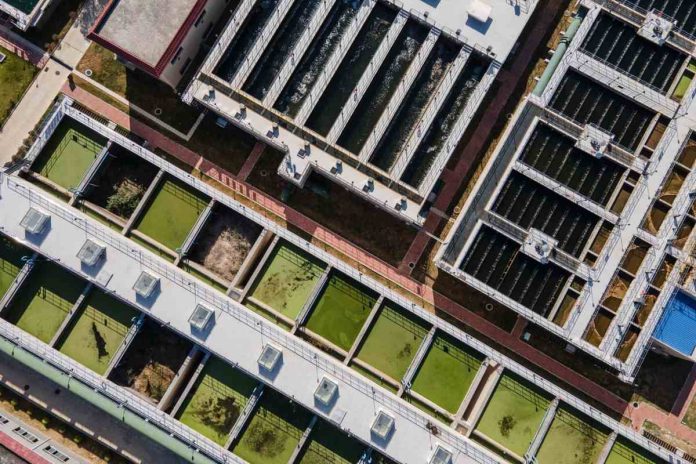Plumbing Innovation systems are the lifelines of commercial buildings, providing essential services such as water supply, drainage, and sewage disposal. Technology integration in today’s fast-paced construction industry has brought a new era of efficiency and effectiveness in commercial plumbing systems.
Commercial Plumbing Innovation technology is revolutionizing every aspect of the plumbing industry. The topic delves into the transformative impact of technology on commercial plumbing, exploring the latest advancements that are redefining performance, sustainability, and cost-effectiveness standards.
Table of Contents
1. Efficient Water Management
Commercial plumbing technology is vital in optimizing water management in construction projects. Smart flow meters, water-saving fixtures, and automated irrigation systems enable precise monitoring and control of water usage. That promotes water conservation, reduces utility costs, and enhances sustainability efforts.
For instance, digital water management platforms provide real-time insights into water consumption patterns, enabling proactive leak detection and efficient maintenance scheduling. Building owners, facility managers, and environmentally conscious stakeholders benefit from reduced water waste and improved resource management. However, updating your commercial plumbing terminology is crucial to help you keep your communication professional and accurate.
2. Remote Monitoring and Control
Advanced digital tools enable remote monitoring and control of commercial plumbing systems, enhancing operational efficiency and minimizing downtime. IoT-enabled sensors and cloud-based platforms offer real-time visibility into plumbing performance, allowing proactive identification of issues and swift response to emergencies.
Remote control capabilities enable adjustments to water temperature, pressure, and flow rate, ensuring optimal comfort and safety. Facilities with multiple locations or large-scale operations benefit from centralized control, reducing the need for on-site visits and streamlining maintenance and troubleshooting processes.
3. Preventive Maintenance
Commercial plumbing technology enables proactive maintenance practices, ensuring uninterrupted operation and prolonging the lifespan of plumbing systems. Predictive analytics and real-time monitoring detect early signs of potential failures, prompting timely maintenance interventions.
Condition monitoring sensors and asset management software provide insights into equipment health, facilitating data-driven maintenance planning. By addressing issues before they escalate, preventive maintenance reduces unexpected breakdowns, minimizes repair costs, and enhances overall system reliability, benefiting building owners, facility managers, and occupants.
4. Enhanced Safety and Hygiene
Technology-driven solutions contribute to improved safety and hygiene in commercial plumbing systems. Touchless fixtures, sensor-activated faucets, and automated soap dispensers minimize contact and reduce the spread of germs, promoting a healthier environment.
Water quality monitoring systems ensure compliance with regulatory standards, detecting contaminants and enabling prompt remediation measures. Smart alarms and emergency shut-off valves provide enhanced safety, protecting against water leaks and potential water damage. Building occupants, employees, and customers benefit from increased hygiene standards and safer plumbing infrastructure.
5. Streamlined Documentation and Reporting
Digital tools streamline documentation and reporting processes in commercial plumbing projects. Mobile apps and cloud-based platforms facilitate digital data collection, enabling field technicians to record real-time inspections, maintenance activities, and repairs.
Centralized databases store essential information, simplifying access and retrieval. Automated reporting features generate comprehensive reports with detailed insights, improving transparency and accountability. Streamlined documentation and reporting enhance communication between contractors, building owners, and regulatory authorities, ensuring compliance, facilitating project management, and enabling efficient decision-making.
Takeaway
Innovative commercial Plumbing Innovation technology, digital tools, and software solutions continue shaping the construction industry. These advancements revolutionize water management, enable remote monitoring, enhance maintenance practices, improve safety and hygiene, and streamline documentation and reporting.
By embracing technology, commercial construction projects can benefit from increased efficiency, cost savings, sustainability, and improved occupant satisfaction. However, it’s crucial to keep updating your plumbing terminologies from a comprehensive plumbing glossary for efficient communication within the industry.

